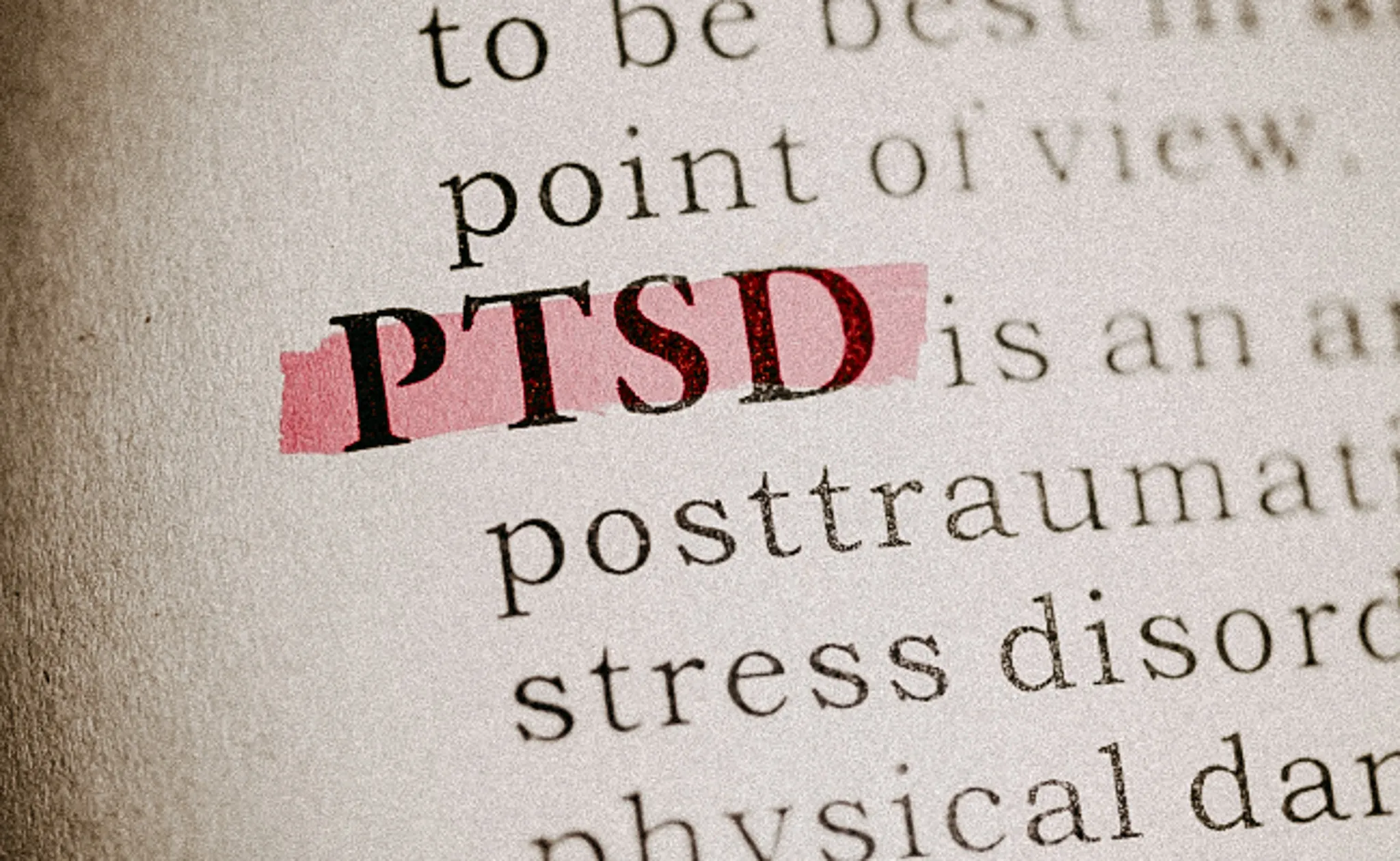
Trauma
Unresolved trauma affects your mind, emotions, and body. Using science-backed pain and neurological repatterning, we help you break free and move forward.
When the past still feels present.
Trauma isn’t just what happened, it’s how your mind and body continue to respond. If you feel stuck in fear, disconnected, or emotionally overwhelmed, you’re not alone. Our programs are designed to gently process trauma and help you reclaim your sense of safety, stability, and self.
Rediscover calm after chaos.
The real-world impact of unhealed trauma
Trauma can be the result of a single event or a series of experiences – abuse, emotional neglect, manipulation, or a perceived threat to safety. Whether it’s something that happened years ago or something that’s still unfolding, trauma can leave a lasting imprint on the nervous system, affecting thoughts, behaviours, and physical health.
In many cases, trauma isn’t immediately recognised. It often hides beneath symptoms like anxiety, addiction, gut issues, or emotional reactivity — until life becomes unmanageable.
Healing from trauma requires more than time. It takes the right tools, the right environment, and the right support. That’s why our programs are carefully tailored to each individual, with one-on-one care designed to address the root causes and restore a sense of safety.


Your journey to stability
Your Plan, Your Way
No guesswork, no one-size-fits-all. We start by hearing your story and digging deeper - reviewing past test results, running targeted assessments, and uncovering what’s really going on beneath the surface. Then we build a program tailored to you — including duration, therapies, medical interventions, and support structures that actually make sense for you.
Stabilisation & System support
We begin by calming the nervous system and supporting your body with functional medicine, nutrition, and somatic therapies. Nature therapy, equine sessions, and low-impact movement help restore safety, connection, and trust in your body. This sets the foundation for deeper emotional work to follow.
Event Retraining & Emotional Repattening
We use targeted, evidence-based therapies like EMDR, IFS, ACT, and trauma-focused CBT to work through unresolved pain, stuck patterns, and emotional numbness. For trauma and PTSD, we incorporate event retraining - a method that helps your brain reinterpret and release the charge of past events, reducing reactivity and restoring emotional regulation. This isn’t about revisiting trauma for the sake of it; it’s about shifting how your nervous system responds now.
Pain pattern reprogramming and relational repair are core here. Every session is one-on-one, tailored to your nervous system, and paced to promote deep, lasting change - grounded in neuroscience, not guesswork.
Aftercare Planning
Aftercare planning is a vital part of the rehabilitation process. It involves creating a support system for the individual once they leave the treatment facility. This may include ongoing therapy, support groups, and regular check-ins with counselors to ensure continued progress and prevent relapse. Aftercare is key to maintaining sobriety.
What your program includes
Explore the evidence

The symptom of sleep

Understanding PTSD and treatment Options
Testimonials
FAQs
Understanding and recovering from trauma
Trauma can take many forms and affect people in different ways — physically, emotionally, and mentally. Here are answers to some common questions about recognising and recovering from trauma.
What are some common signs of unresolved trauma?
Unresolved trauma may show up as anxiety, irritability, emotional numbness, difficulty sleeping, flashbacks, low self-worth, or feeling constantly on edge. These responses can be linked to past events, even if they seem unrelated.
Is trauma always caused by a single event?
Not always. While trauma can stem from a specific incident (like an accident or assault), it can also result from ongoing situations like neglect, abuse, or emotional invalidation. Everyone’s experience of trauma is different.
How do you treat trauma in a holistic program?
We use a trauma-informed approach that combines talk therapy, body-based treatments, medical care, and a healing environment. Our goal is simple: get to the root of the trauma, ease your symptoms, and rebuild your sense of safety: mind, body, and soul.
Is trauma treatment traumatic?
Talking about trauma can be distressing, especially in group settings with others who’ve been through similar pain.
That’s why at NC, trauma treatment is always one-on-one, giving you privacy and a safe space to heal.
We use proven, evidence-based therapies( including non-verbal methods used by military vets) that don’t force you to relive every detail. Our care happens in a calming, non-clinical environment with 24/7 support to keep you safe and grounded throughout the process.
We’re here to help.
Let’s talk about how we can support you.





